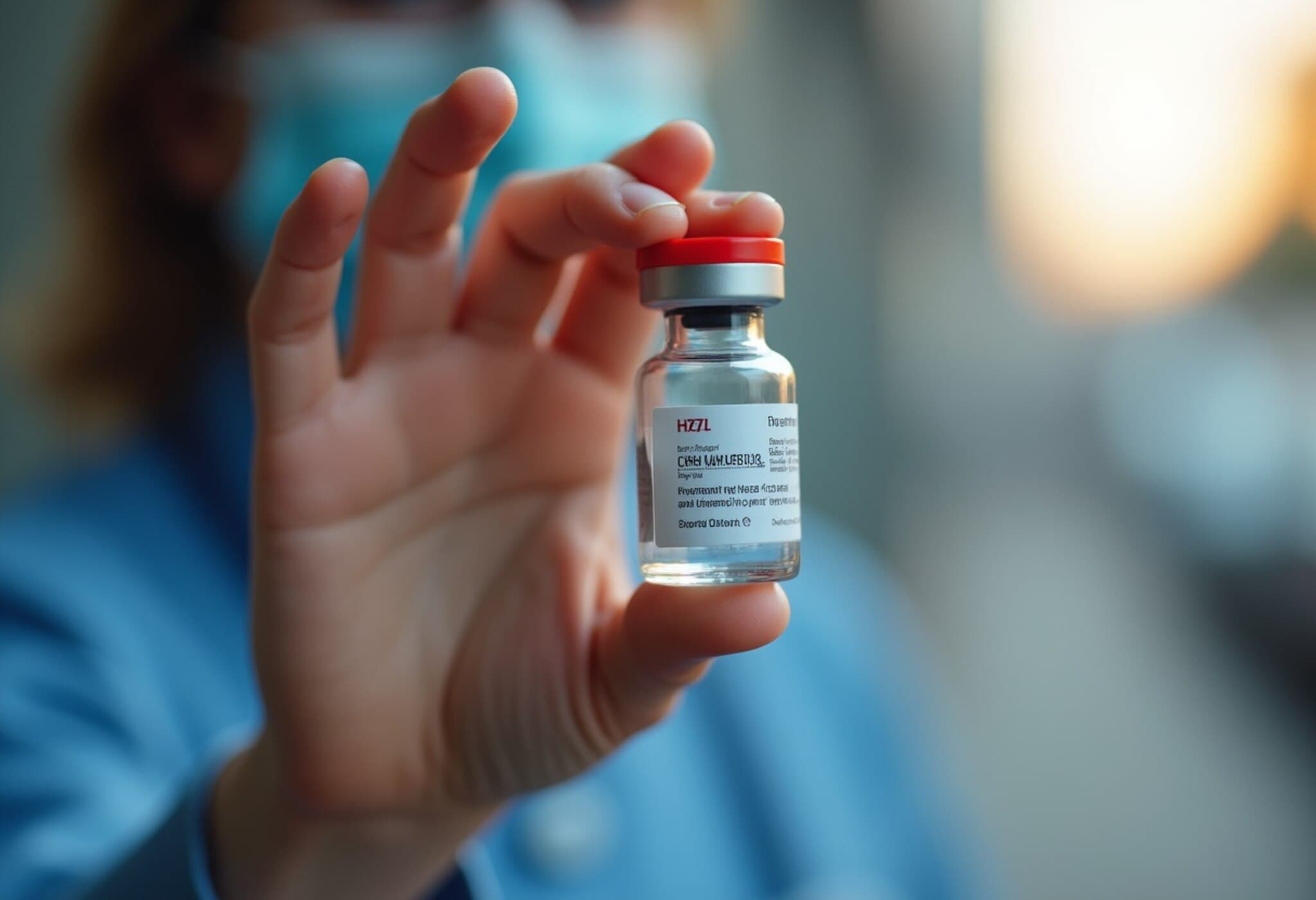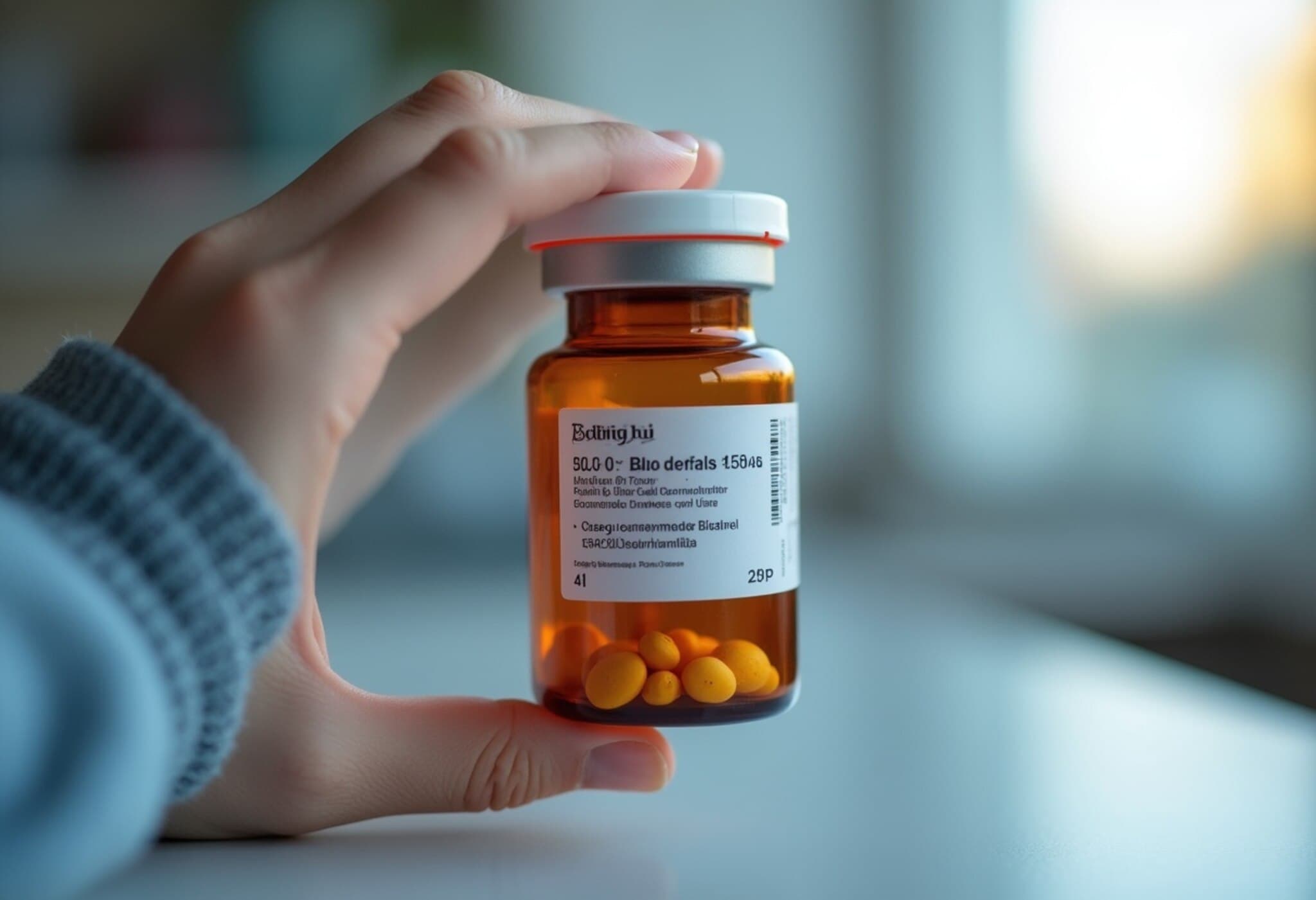Sarepta Therapeutics Faces Uncertain Future as Gene Therapy Safety Concerns Mount
Shares of Sarepta Therapeutics sharply declined by more than 40% on Friday, bringing renewed uncertainty around the future of its flagship gene therapy, Elevidys. The plunge came after reports emerged that the U.S. Food and Drug Administration (FDA) plans to request Sarepta voluntarily halt all shipments of Elevidys, a development that has rattled investors and patients alike.
FDA Investigation Intensifies Following Patient Deaths
The FDA's increased scrutiny follows the company's disclosure of three patient deaths linked to its gene therapy products—two linked to Elevidys and another related to a separate experimental therapy. The investigation focuses heavily on Elevidys, approved to treat Duchenne Muscular Dystrophy (DMD), a severe and progressive genetic disease that causes muscle degeneration and leads to loss of mobility and premature death.
Elevidys currently accounts for more than half of Sarepta’s net product revenue, highlighting how critical this therapy is to the company's financial health. Yet, safety concerns threaten to overshadow its commercial viability.
Background: The Promise and Controversies of Elevidys
DMD primarily affects young boys, progressively robbing them of muscle function, often leading to early death by their 20s. Given this grim prognosis, the medical community and families long sought effective treatments.
Elevidys initially received conditional FDA approval in 2023 for children between 4 and 5 years old—the age group showing the most promise in clinical trials. Subsequently, full approval was granted for patients aged 4 and above who could still walk, alongside accelerated approval for those who had lost that ability. This accelerated approval was contentious because clinical evidence supporting benefit for non-ambulatory patients was limited.
Moreover, Elevidys failed to meet its primary endpoint in a pivotal Phase 3 trial, although Sarepta pointed to positive secondary outcomes as justification for approval. Notably, the FDA's Center for Biologics Evaluation and Research division overruled staff recommendations to expand Elevidys’ indication, underscoring the drug’s controversial pathway.
Expert Perspectives: Balancing Benefit Against Risks
Kostas Biliouris, an analyst with BMO Capital Markets, emphasized the high stakes involved, especially as Elevidys’ safety data raise red flags. "While some gene therapies like Novartis's Zolgensma for spinal muscular atrophy carry risks of liver toxicity, their clinical benefits are more clearly established," Biliouris explained. "Elevidys’ uncertain clinical benefit combined with multiple patient deaths amplifies concerns to a critical level."
Unlike large pharmaceutical giants with diversified pipelines, Sarepta's fortunes heavily depend on Elevidys. Should FDA action lead to withdrawal of Elevidys, the company's survival could be at risk, given it accounts for a substantial portion of revenue.
Company Response and Market Impact
In light of these developments, Sarepta halted distribution of Elevidys to non-ambulatory patients last month, aiming to develop safer administration methods. Company leadership has sought to reassure stakeholders by projecting at least $500 million in annual revenue from treatment of ambulatory patients—where deaths have not been reported.
Still, investor confidence continues to erode. Sarepta’s stock has plummeted over 87% year-to-date, reflecting mounting fears over regulatory setbacks and clinical uncertainties.
Broader Implications for Gene Therapy Development
This unfolding situation highlights the complex balance regulators, companies, and patients must navigate when pioneering advanced therapies. Gene therapies promise transformational cures for devastating diseases but carry significant risks—both known and unknown. Vigilant post-market safety monitoring and transparent communication remain paramount.
For patients and families affected by DMD, the stakes could not be higher. The tension between hope for innovative treatments and ensuring patient safety underscores broader ethical and policy debates around accelerated drug approvals.
Editor's Note
Sarepta Therapeutics stands at a critical crossroads, emblematic of the delicate interplay between innovation and regulation in gene therapy. The unfolding FDA investigation into Elevidys serves as a potent reminder that breakthroughs in medicine must be matched by rigorous safety oversight.
As the company navigates these choppy waters, key questions remain: How can regulators better balance rapid access with comprehensive safety evaluation? What are the ethical responsibilities of biotech firms in communicating risks? And crucially, what does the future hold for patients facing diseases with limited therapeutic options?
Stakeholders should watch closely as updates emerge—because the outcomes here will likely influence the trajectory of gene therapy development and patient care standards for years to come.












